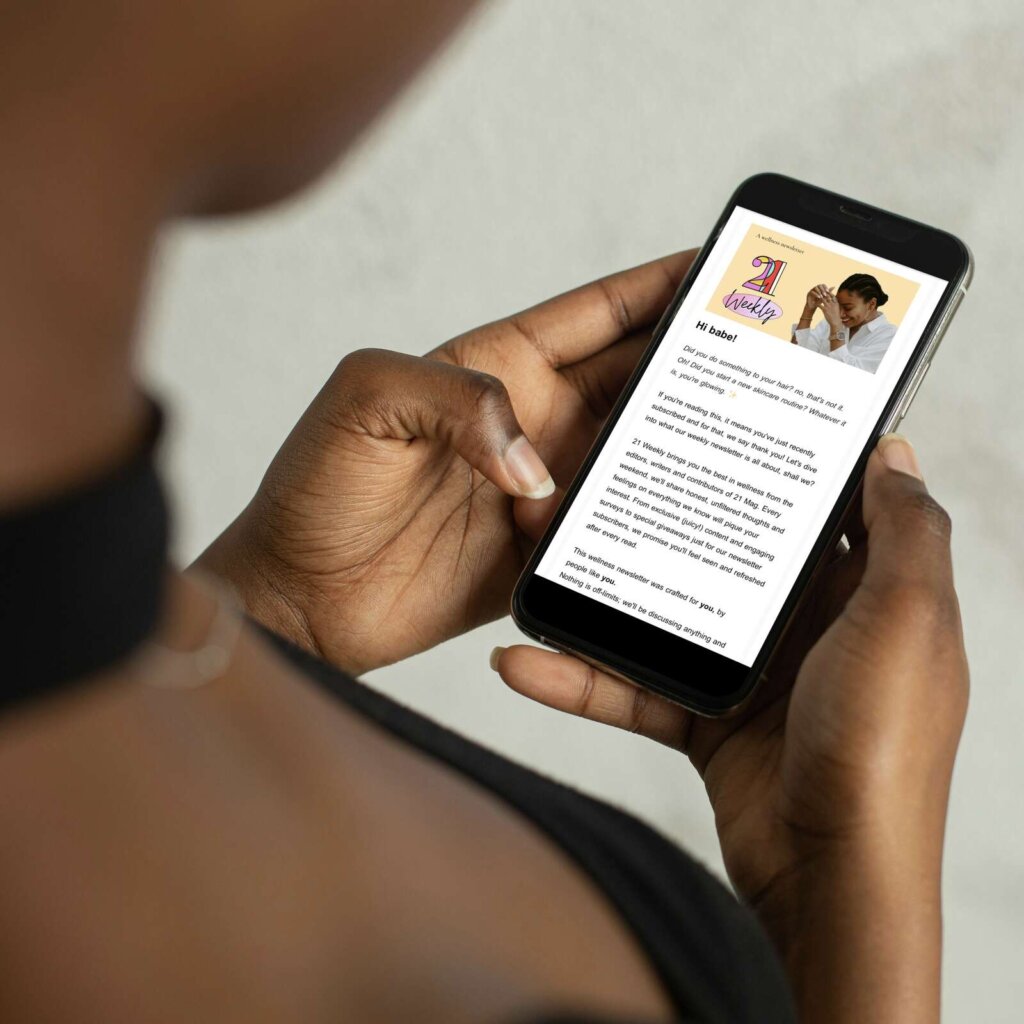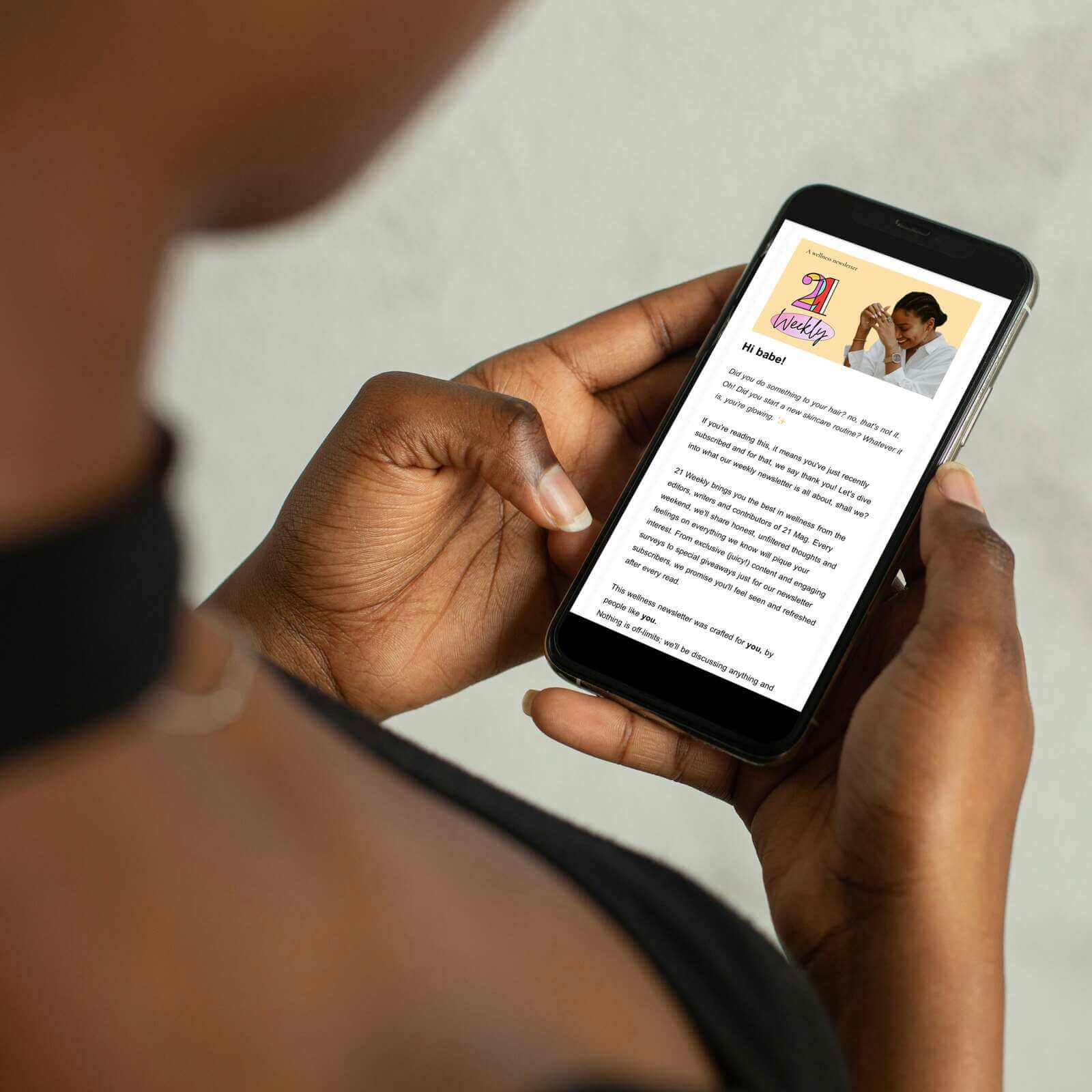No products in the cart.
Attachment Theory In Relationships: Let’s Talk About It
When I first heard of the Attachment theory, it made perfect sense that early childhood trauma and the way we interacted with our parents/caregivers determines the way we seek intimacy in our romantic relationships as adults, including the kinds of people we choose to want to be with.
It adds up, doesn’t it?
Based on the observations of psychologist John Bowlby whom the theory was originated from, the first year of a child’s life is crucial because this is when they learn how to express their needs and express themselves to those around them. Children whose parents are carefully and consistently responsive, show delicate emotion, provide for them and meet their needs go on to form a secure attachment style. This means that they are more likely to easily form connections as they grow and build happy and sustainable relationships.
Read for a breakdown of all three attachment styles and what they mean for your relationships:
Secure Attachment Style
People who identify with a secure attachment style see no problem with being vulnerable. They trust their partners and are in tune with their partners both physically and emotionally. If you’re able to stay open and grounded, and are able to talk through difficult situations in a transparent manner without shutting down or getting emotionally flooded, then you probably have a secure attachment style.
A person with this attachment style is able to look at situations objectively while still being able to take ownership of mistakes. They want to be able to fully support their partner, while also prioritizing themselves and healthily addressing issues in their relationship.
Many secure styles have healthy relationships with their parents and even look to them for comfort, advice and support when they need it.
Those with secure attachments may very likely positively influence the people who they are in relationships with.
Anxious Attachment Style
This describes many relationships and is actually more common with women.
People with an anxious style of attachment are always worried and concerned about whether they are fulfilling their partners needs and are always doubting if they are good enough for their partners. Those with this style of attachment are always looking to please others while feeling like they fall short. There is often a constant fear of being rejected or abandoned.
Anxious attachment style develops from inconsistent parenting as a child. The back and forth of having your needs met and being listened to, to having your needs unmet and being ignored creates the constant need for emotional support.
Being attached anxiously means that you allow your relationship define you and often feel like it’s the only thing that completes you, or makes you feel whole. When a relationship does end, those with this attachment style often see it as a reason to believe they were going to be left all along. They often drive away their partners due to their lack of security.
Someone who is anxious in attachment will very often over personalize issues, especially in close relationships whether platonic or romantic.
Those who fall under this style of attachment often attract people with an avoidant attachment style, and it usually ends in tears.
Avoidant Attachment Style
Avoidant attachment happens when a child gives up on reassurance and assumes their parents/caregivers are not reliable, so they then learn to fend for themselves, which in turn makes them avoid vulnerability. People with this style of attachment avoid lasting relationships and keep it that way by self sabotaging relationships and keeping people at an arm’s length.
Many avoidants are afraid of being in similar situations they experienced in their childhood (it’s very likely they grew up with parents who never made time for them or were sadly abusive). Those with this attachment style are often perceived as narcissistic or emotionally unavailable.
Avoidants would rather stay on their own than allow themselves open up to others and be vulnerable – they have an extreme fear of being hurt.
This attachment style prefers to have lots of casual, meaningless relationships due to their inability to want to open up to others.
It’s very common for anxious and avoidant attachment styles to form a connection/bond and even date long term, but the likelihood of the relationship being blissful and successful is slim, seeing as they both contradict themselves.
At the end of the day, anxious styles drive away avoidant partners because of their constant need for validation and vulnerability that avoidant styles are unable to give.
Thinking about what your needs are, how they are being met and how you feel if they are not being met in your relationships is a useful way to understand the history of your attachment. And although the goal is to have a secure attachment style, don’t feel defeated if you can’t identify with it.
Take your time to find out you and your partner’s attachment style, and that’s the first step.















